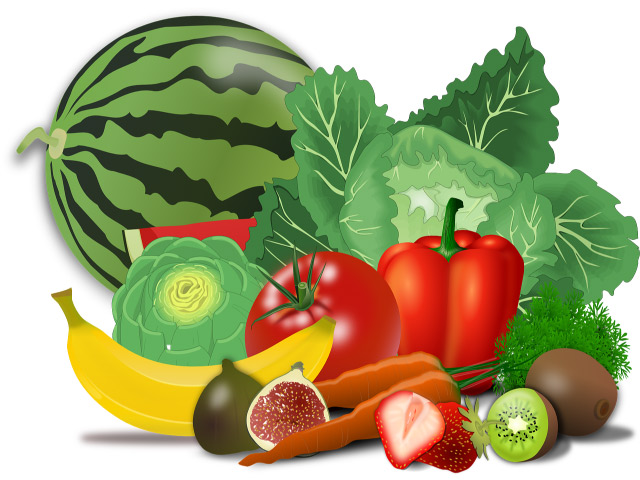Numerical introduction
The organic food industry has grown significantly in recent years. Indeed, consumers are increasingly looking for a healthier and more balanced diet, and in 2022 more and more of them are turning to the organic market. In Europe, there are currently 349,499 organic producers and 78,262 organic processors. Retail businesses specialising in the organic food sector generate a turnover of 44.8 billion euros with an average of 102 euros spent per household, an increase of nearly 20 euros in the space of two years. Market growth stands at 15.1% in 2022, with the highest growth recorded in Germany, at 22.3%. Moreover, it is in Italy that we find the highest number of organic producers. In France that we find the most extensive organic area which spans millions of hectares. The European Union is the second internal market; the European market amounts to 52 billion euros.
Porter's Forces
The new entrants
The threat is rather high on the sector, given that it is part of a trend, a desire of a large number of people to transform both their lifestyle and their eating habits. The players already in place are already under the threat of very strong competition, and every year new players try to carve out a place in the market. However, the barriers to entry remain relatively numerous, since the organic world is highly regulated and the laws increasingly strict. The series of labels that frame the profession allow both to reassure consumers but also to give more credibility to the entire market. To this day, there are still too many new players who "cheat" on the origin of their products, which is harmful for the entire sector.
Substitute products
Organic food products currently account for around 30% of food sales across the EU. Even if there is a desire from a greater number of consumers to turn to these products on a daily basis, the fact remains that 70% of the products sold come from traditional food. For the organic market, substitute products are all other products sold in supermarkets, as well as all those found in other specialised stores, by region or by country among others. In this specific case, the number of substitute products is even higher because organic products are in no way "essential", they just represent another way of eating.
The bargaining power of customers
Market research of the organic food sector shows that the number of consumers interested in the organic world is growing year-on-year. Indeed, organic has become a niche market, which interests both the youngest, who often feel more concerned about the protection of the environment and their health in general, as well as the oldest, who like to test new products. 80% of organic consumers live in large cities where the choice is greater and where purchasing power is often higher. It is customary to say that the more the customer has a choice, the more he has significant bargaining power. In the case of the European organic market, it is true that the references are constantly higher every year, however, as we said above, not all of them are 100% reliable. Customers are generally willing to pay more to eat better, so the threat is stable.
The bargaining power of suppliers
There are more and more organic market professionals in Europe. The latter is important for distribution points because they guarantee the quality of their products and, by extension, consumer satisfaction. Their bargaining power is directly linked to customer demands because the more a product is in demand, the more value it takes. It should be noted, however, that in this type of market, producers and distributors work in the form of a partnership because this is the only way to have a long-term relationship based on trust and respect for the products sold. Since the health crisis, it seems the organic trend is growing, consumers are more in demand, and they have become aware of the need to protect the environment at all costs. In addition, it was also during this period that many producers made deliveries to private homes, and habits were able to be created among them.
The existing competition
There are many organic players, but they need to be aware of the necessary authorisations and other conditions to be complied with before being certified organic. Organic agriculture is not experiencing a crisis, but competition forces the players in place to innovate and constantly offer new products so as not to lose the consumers’ interest. In recent years, the organic food sector in Europe has been reorganised, with the appearance of brands such as Biocoop or Naturalia and La Vie Claire, which represent references for consumers. Producers are also in competition with large retailers, who offer their own organic products under distributor brands, which are less expensive and, therefore, likely to interest a large number of consumers.
CONCLUSION
The organic food market has boomed over the past two decades, with consumers more willing to buy products more frequently than ten years ago. The study of Porter's forces shows that the real threats are the arrival of new entrants, substitutes, and competition, and this shows the need to constantly reinvent oneself and offer consumers new products in line with their needs and their expectations.










